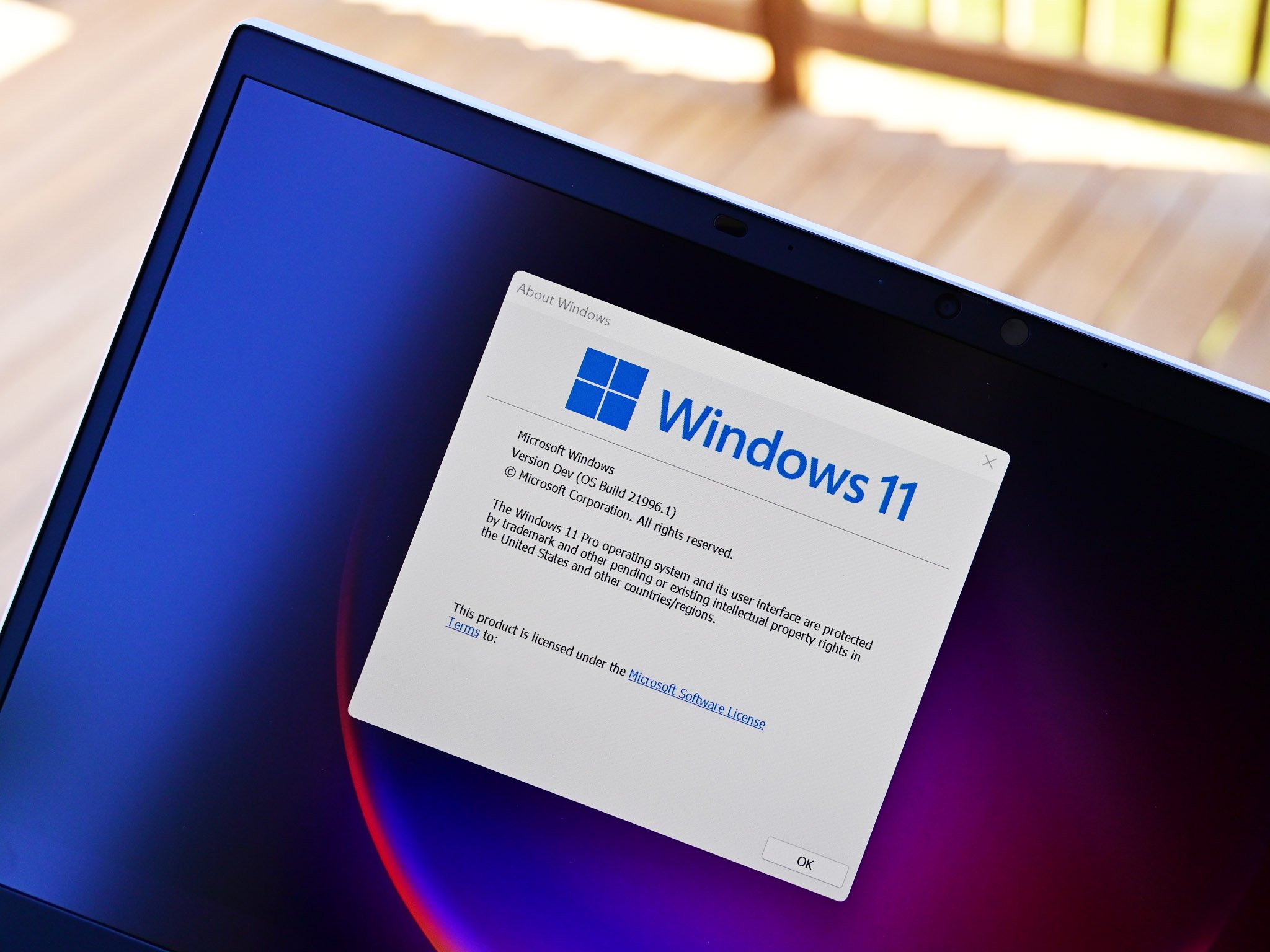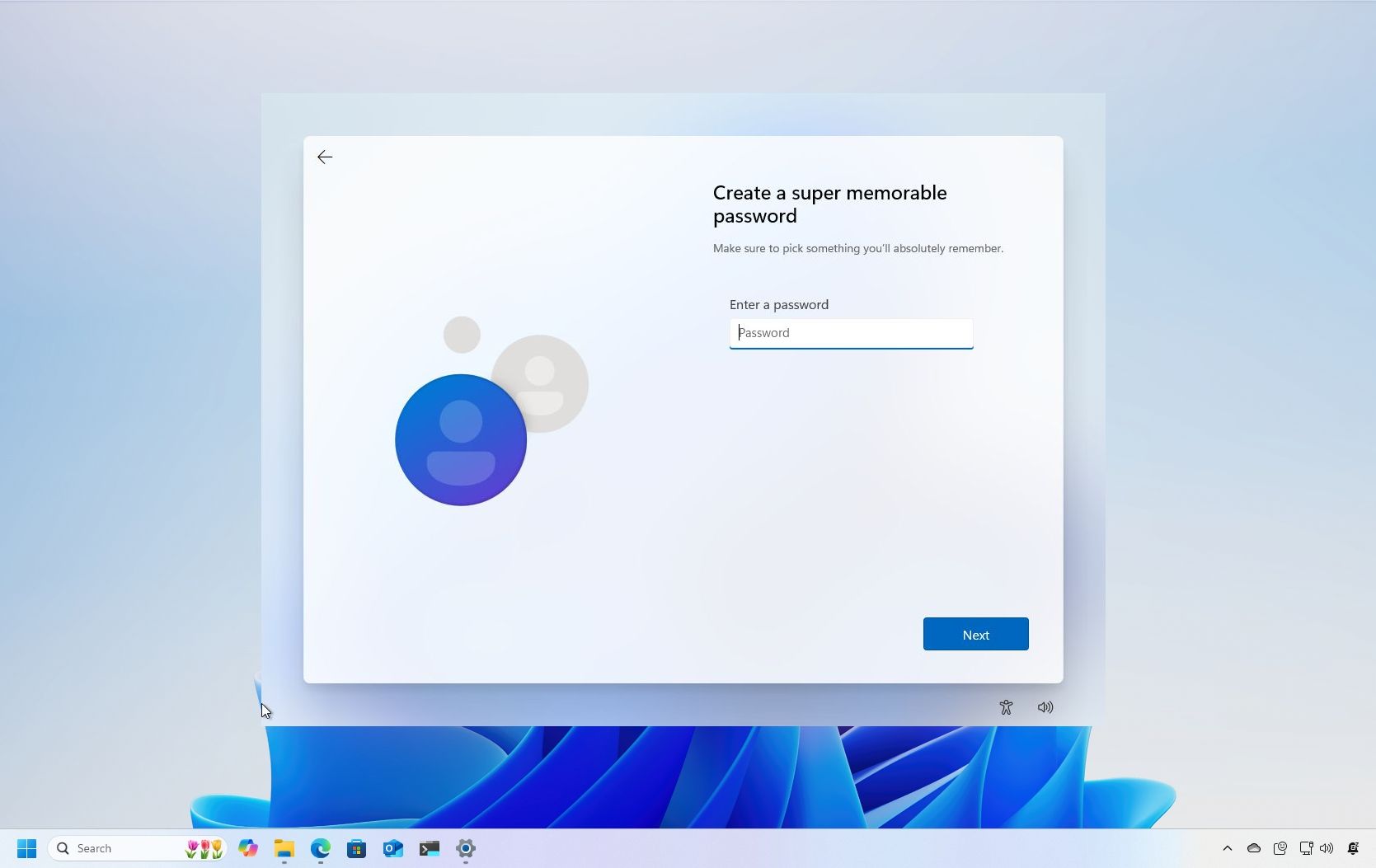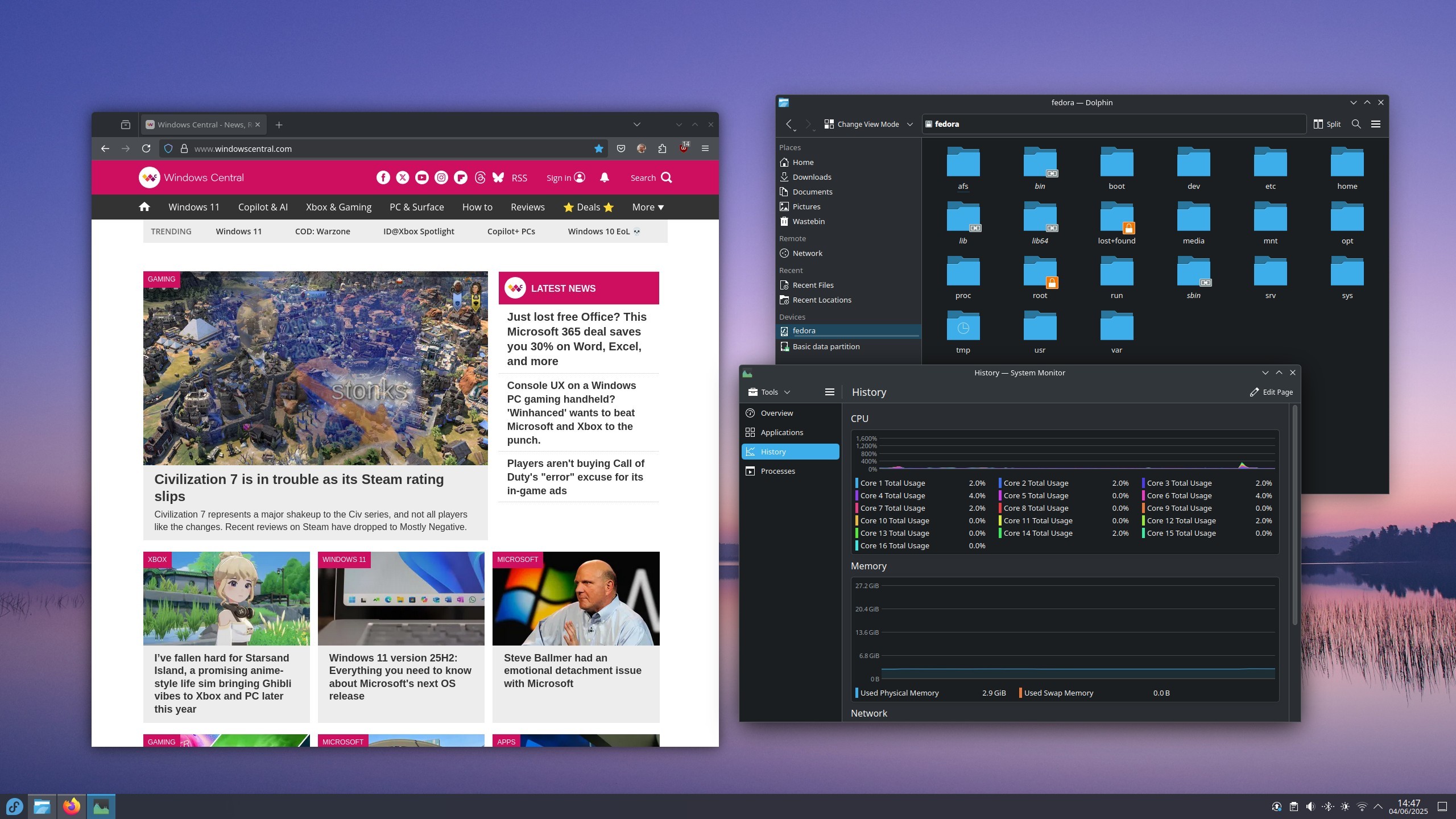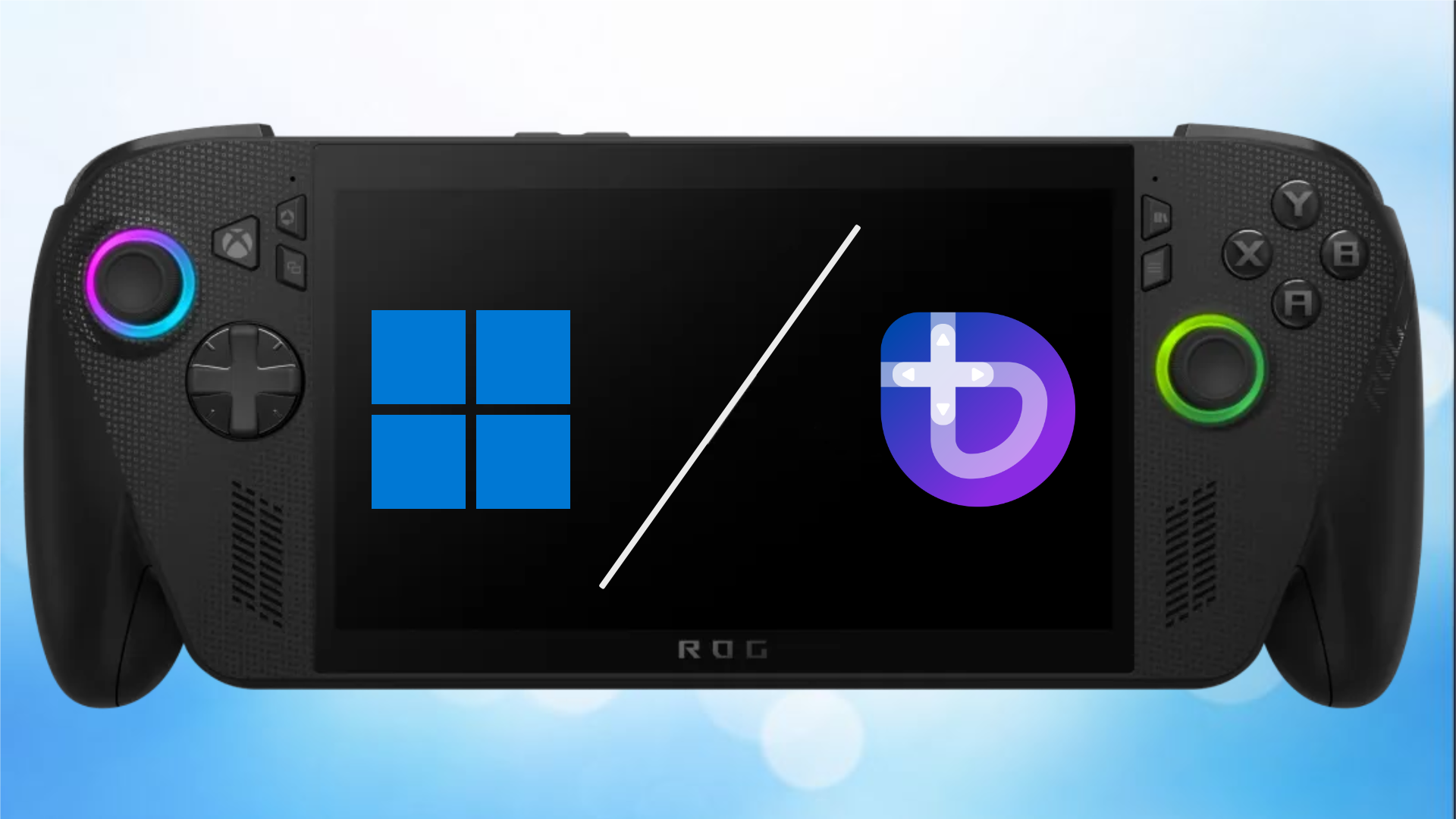Governments are ditching Windows and Microsoft Office — new letter reveals the "real costs of switching to Windows 11"
As governments ditch Windows 11 for Linux, one of the foundations that supports LibreOffice makes a strong case for individuals to follow suit.

All the latest news, reviews, and guides for Windows and Xbox diehards.
You are now subscribed
Your newsletter sign-up was successful
Windows 10 will reach its end of support on October 14, 2025. After that date, PCs running the older operating system will no longer receive support or updates.
Microsoft recommends Windows 11 to anyone currently using a Windows 10 PC, but getting a system with Windows 11 could prove a costly endeavor. Additionally, millions of PCs cannot upgrade to the operating system due to the minimum requirements of Windows 11.
For many, the question will be "should I buy a new PC or look at alternatives?" A recent letter from The Document Foundation makes a case for the latter.
The Document Foundation is a non-profit organization that helps with the support of LibreOffice, a free and open-source alternative to Microsoft's Office apps.
June 29 at 3:43 PM ET: An amended report by Politiken now states that Denmark's Ministry of Digital Affairs will shift away from Microsoft Office but will continue to use Windows. There are, however, other governments looking to switch away from Windows, such as Germany’s Schleswig-Holstein state, as reported by The Economic Times.
Denmark's Ministry of Digital Affairs recently shared plans to dump Windows and Office 365 in favor of Linux and LibreOffice. With Windows 10's end of support approaching, individuals may have to see if a similar move is their best option.
"The real costs of switching to Windows 11"

The Document Foundation argues that Microsoft pushing people toward Windows 11 is not solely about security:
"The move to Windows 11 isn’t just about security updates. It increases dependence on Microsoft through aggressive cloud integration, forcing users to adopt Microsoft accounts and services. It also leads to higher costs due to subscription and licensing models, and reduces control over how your computer works and how your data is managed. Furthermore, new hardware requirements will render millions of perfectly good PCs obsolete."
All the latest news, reviews, and guides for Windows and Xbox diehards.
Many have expressed frustration over Windows 11 requiring a Microsoft account. While some workarounds have been in place for years, Microsoft blocked a popular bypass in March 2025. Windows 11 Enterprise still supports using a local account, though a Microsoft account is encouraged.
The end of Windows 10 support could cause "the single biggest jump in junked computers ever," according to a petition by the Public Interest Research Group (PIRG).
Windows 11 and Office alternatives
Windows 10 and Windows 11 are used by over one billion people. Microsoft Office has hundreds of millions of users worldwide. They are standard pieces of software across many sectors and organizations, but The Document Foundation argues that it is possible to move to alternatives.
The letter highlights the fact that Linux works on all PCs that ran Windows 10, eliminating the need to purchase new hardware to stay up to date.
LibreOffice boasts compatibility with Microsoft proprietary formats, such as DOCX, XLSX and PPTX. It is also based on ODF (Open Document Format).
"For individual users, public administrations, schools and businesses, this combination offers more than enough: it is mature and secure, and is already in use worldwide for mission-critical workloads," said The Document Foundation of Linux and LibreOffice.
Should you switch from Windows to Linux?

Linux has been around for a long time, and it is certainly an option. Those who use their PC for general productivity are likely to find the tools they need on Linux.
Some of the best gaming handhelds run SteamOS, which is a Linux-based operating system.
But Linux has its limits. Compatibility issues are a key factor. Migrating to Linux is not a viable option for those who rely on software that does not work well on Linux-based systems.
I'm confident that many organizations and individuals could migrate to Linux and be happy. But that doesn't mean Linux is right for everyone. If you're curious about Linux, I'd suggest testing Linux on a second partition of your PC. The Document Foundation makes the same recommendation.
While running Linux on a second partition, you can test software compatibility and see if the operating system can handle your workflow, all while being able to pop back over to Windows when needed.

Sean Endicott is a news writer and apps editor for Windows Central with 11+ years of experience. A Nottingham Trent journalism graduate, Sean has covered the industry’s arc from the Lumia era to the launch of Windows 11 and generative AI. Having started at Thrifter, he uses his expertise in price tracking to help readers find genuine hardware value.
Beyond tech news, Sean is a UK sports media pioneer. In 2017, he became one of the first to stream via smartphone and is an expert in AP Capture systems. A tech-forward coach, he was named 2024 BAFA Youth Coach of the Year. He is focused on using technology—from AI to Clipchamp—to gain a practical edge.
You must confirm your public display name before commenting
Please logout and then login again, you will then be prompted to enter your display name.
